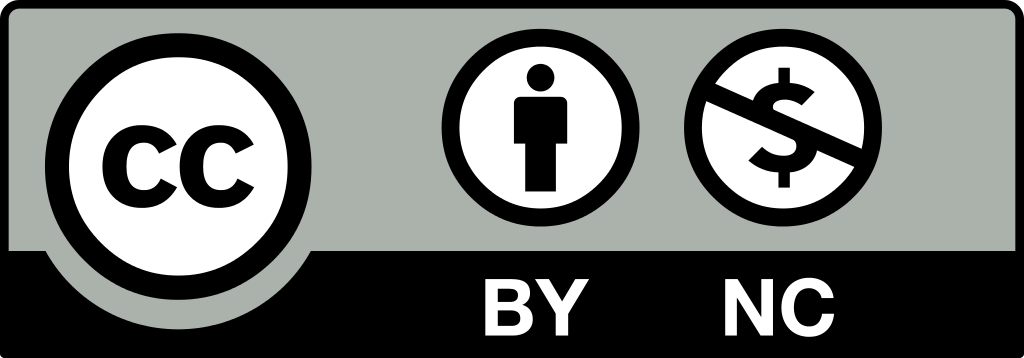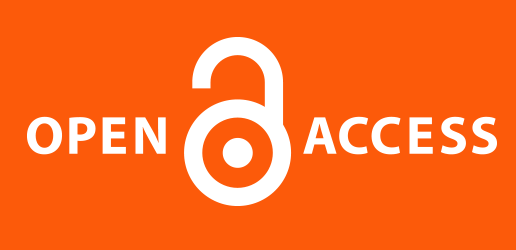Abstract
Archival materials are invaluable to an understanding of the historical, cultural, and material contexts in which literary texts were published. Materiality, paratextual elements, and other key characteristics of literature cannot be discerned from recent editions. Yet original and rare versions of literary texts are difficult or impossible for most scholars, let alone their students, to access. Digital facsimiles provide opportunities to examine archival texts over the Internet, alleviating logistical and financial barriers. In Dust: The Archive and Cultural History (2001), Carolyn Steedman writes: “The Archive is a place in which people can be alone with the past” (81); archives are generally thought of as quiet, solitary environments. However, digital archives afford a communal engagement with the past. In this essay, I describe my experiences teaching British literature through digital facsimiles of first or early printings of novels and poetry that are available online. I draw on my observations as an educator, as well as those relayed by my students, to discuss the benefits and drawbacks of using such archives in undergraduate literature courses. I analyze what it means to be together with the past, and how a shared experience of the Archive can be developed and improved through digital resources.
DOI
https://doi.org/10.13023/disclosure.27.16
Creative Commons License

This work is licensed under a Creative Commons Attribution-Noncommercial 4.0 License
Recommended Citation
Gangnes, Madeline B.
(2018)
"Togetherness with the Past: Literary Pedagogy and the Digital Archive,"
disClosure: A Journal of Social Theory: Vol. 27, Article 19.
DOI: https://doi.org/10.13023/disclosure.27.16
Available at:
https://uknowledge.uky.edu/disclosure/vol27/iss1/19

